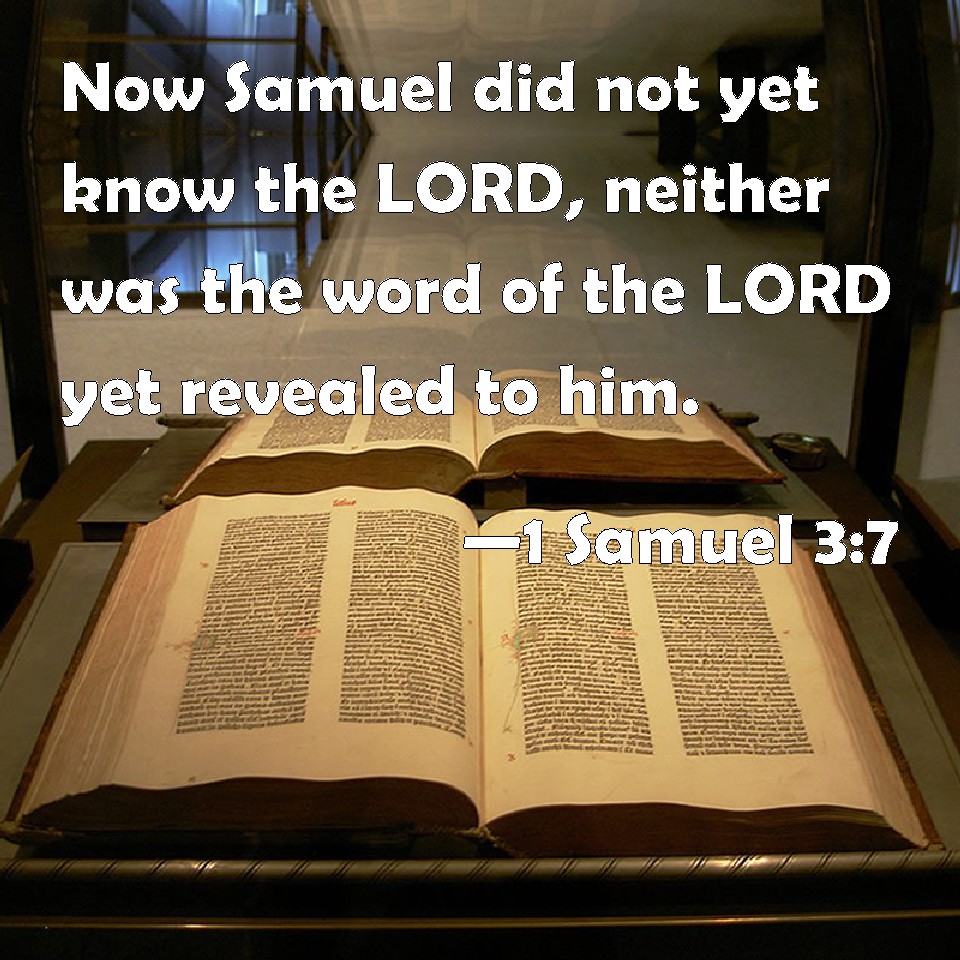
/cdn.vox-cdn.com/uploads/chorus_image/image/70731213/usa_today_18051206.0.jpg)
To demonstrate the power of the process, Ginat modeled systems of three stars to see how likely it was that one would be ejected, the stellar equivalent of stepping into the void. Even solar systems - Stephen Luntz, " The Famous Three-Body Problem Has A Drunken Solution", IFL Science :
The lord yeeted and the lord yoinked away update#
Update - apparently these days, everybody yeets. Wikitionary does have a relevant entry, glossed "To throw an object a long distance or with a sudden or forceful motion", with quotations going back to 2018 - including another Brady appearance:īrady gladly participated and yeeted (maybe the past tense of yeet, meaning to throw, is "yote"?) a football through Damon's window. The OED entry also references the verb thowt, glossed as "To address (a person) with the pronoun thou", and cited to the same 15th-century source(s):ġ440 Promptorium Parvulorum (Harl.

Meanwhile, Miriam-Webster has no entry for yeet, and the OED registers it as a transitive verb meaning "To address (a person) by the pronoun ye instead of thou", with 1.5 15th-century citations:ġ440 Promptorium Parvulorum (Harl. “I did get warned from the NFL about that so… I won’t throw another Surface.” Brady said.Īs far as I can tell, Brady didn't use the word yeet himself, though I confess that I didn't listen to every second of the relevant 37-minute podcast. Should the seven-time Super Bowl champion throw the tablet again, he will be fined. Now, per Brady on his Let’s Go podcast that aired Monday, the NFL is not going to let the Surface abuse continue. On the Sunday Night Football stage, December 19th, Tom Brady and the Buccaneers were swept for the second consecutive regular season against the Saints - a frustrating shut-out loss that had Brady spiking a poor Microsoft Surface tablet on the sideline. I didn't learn this from the not-very-reliable Urban Dictionary, but from Umar Shakir, " Tom Brady says the next sideline Surface he yeets will cost him: Microsoft’s star tablet may finally be safe on the sideline", The Verge : 1915.Today I learned that yeet means (among other things) "To discard an item at a high velocity". "International Standard Bible Encyclopedia". It is thus seen that Kurios corresponds to all three forms of writing the English term. (3) "Lord" ("lord") translates all the remaining 8 Hebrew words and the Greek words except Despotes. (2) "Lord" corresponds to 'Adhonay, 'Adhon, Mare', also Greek Kurios (see (1)), and Despotes, for which the American Standard Revised Version has always "Master" in either the text or the margin. (1) "LORD" represents the Hebrew Yahweh, Septuagint Kurios, except where 'Adhonay or 'Adhon is combined with Yahweh (= "Lord God") the American Standard Revised Version has in these examples employed the name as it is found in the Hebrew, simply transliterated. Our English versions distinguish the 3 main uses of the term thus: Rabboni (Hebrew in Greek letters) is applied only to the Christ, and is simply transliterated in the Revised Version (British and American), but rendered "Lord" in the King James Version (compare Mark 10:51). Megistanes (plural) is found once, of men ( Mark 6:21). Despotes, of men in classic usage, occurs only of God, including the ascended Jesus, and is employed only 5 times. Of the Greek words, Kurios is freely used of both the Deity and men. The Aramaic designation, Mare', occurs only in Da (e.g. When two of the words usually translated "Lord," both referring to God, occur together, the King James Version renders "Lord God," and the American Standard Revised Version "Lord Yahweh." the American Standard Revised Version has adopted the rule of using the covenant name transliterated, instead of the term "Lord," in which the King James Version adopts the rule of the Hebrews to avoid the holy name. They had placed on Leviticus 24:16 an interpretation that aroused such a dread that they seldom dared use the name at all.

It represents the most sacred Hebrew name for God, as their covenant God, Yah, Yahweh, and the more usual designation of Deity, 'Adhonay, 'Adhon, a term which they adopted to avoid pronouncing the most holy designation. In Genesis 18:3 19:18, the translators waver between interpreting of the Divine Person and a finite angel (compare marginal readings). It is not always possible to be sure of the sense in which the term is to be taken. It thus expresses all grades of dignity, honor, and majesty. Lord, This English word in our Bible represents one Aramaic, 3 Greek and 9 Hebrew words, two of them in two forms.


 0 kommentar(er)
0 kommentar(er)
